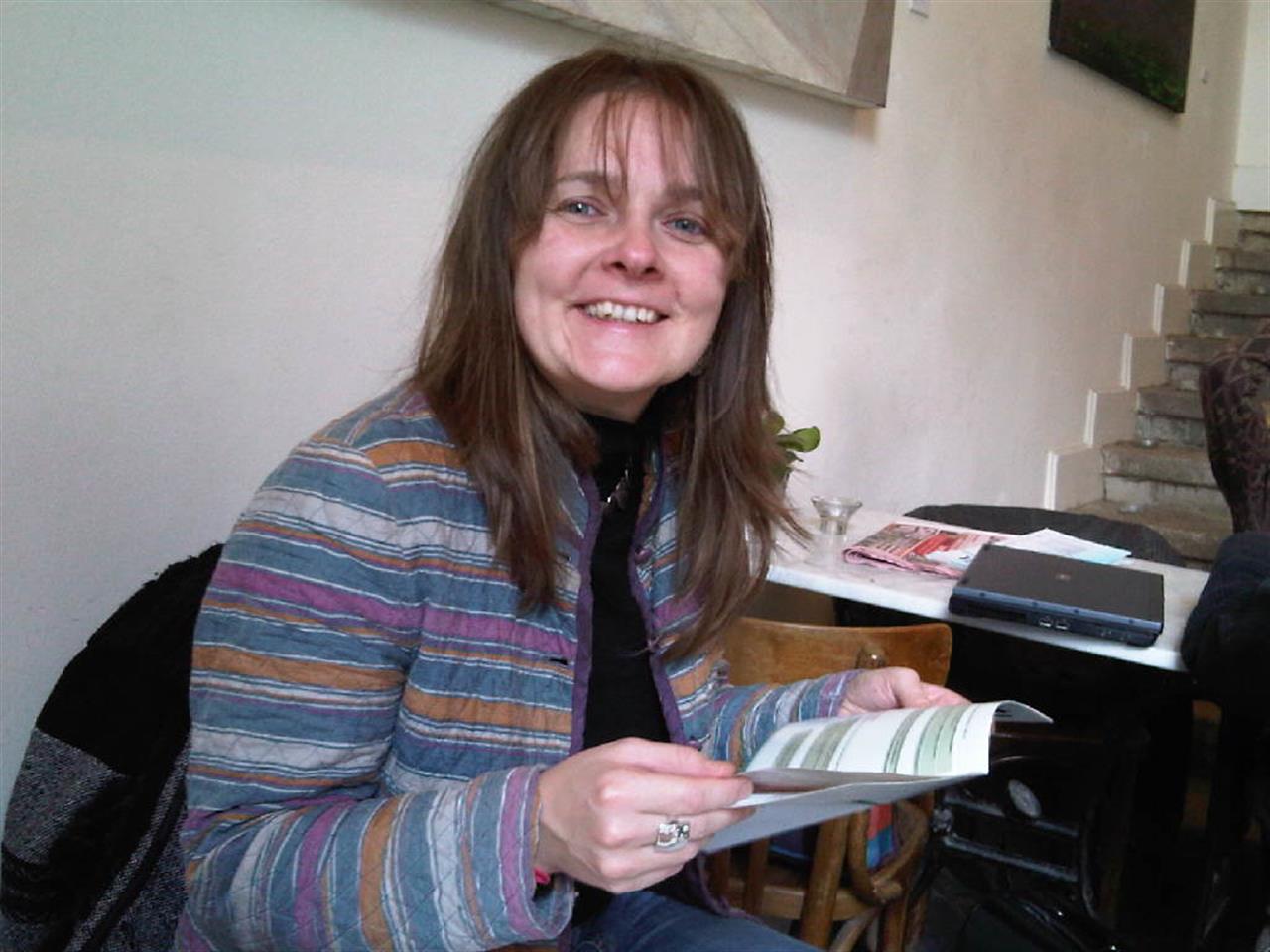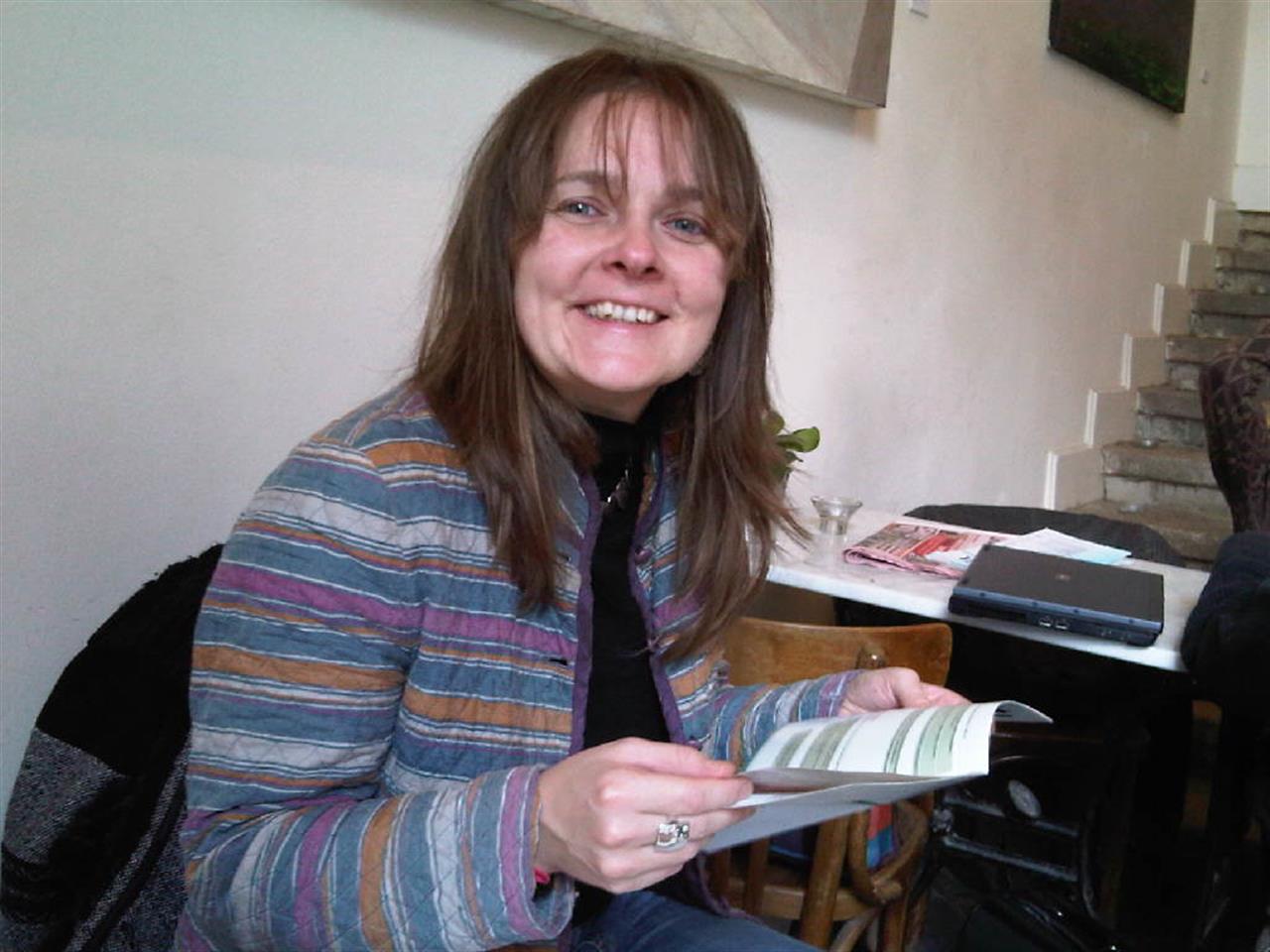
Dear Barbara,
It was inspiring coming back to Budapest and spending more than a week with you 3 years after my first Hungarian adventure. In 2008 Euclid ran a conference in Budapest to launch a new programme empowering civil society in Central Eastern Europe.
Despite the success of the event there was no follow up. CIB Bank, our local corporate partner, let us down as the HQ in Milan changed strategy while local NGO champions never really engaged despite my attempts to follow up. I later discovered several complained but didn’t do anything.
The situation hasn’t changed really. People seem to be stuck in a gloomy mood. They seem resigned to fail. They get angry with the government but are not able to articulate solutions – or at least, not realistic ones.
The situation is perhaps even worse than what it was 3 years ago. The economic crisis has hit a country already disillusioned by poor return from European investments and a government swinging between poor delivery and eccentric plans. After 20 years of independence and 8 as an EU member, Hungary is struggling to get into 5th gear for change.
Our joint event – Euclid & DemNet – on financial sustainability and social innovation confirmed this impression. I thought it was normal to connect NGOs and Banks but realized it’s not so evident in your country. Some delegates replicated the whining and self-indulgent old-fashioned NGOs’ behavioural pattern, while bankers complained about a lack of entrepreneurship.
However, I’ve begun to understand the reasons behind these attitudes and can spot a way forward thanks to our collaboration. Do you share my hope that together we can change course?
The main challenge I noticed is changing the mindset. Civil society hasn’t lost the passion but it seems cornered. It feels like it’s in a dead-end. The leaders claim they have tried everything. They are smart, professional and energetic. So what’s going wrong?
They just don’t realize that the solution won’t come from any where but themselves. It’s time to stop looking for a daddy to sort out.
It’s a sort of Oedipus complex. People are obsessed with government or any other authority which represents power. The solution is a change in power. It could be a political party, the US, Europe . In the case of NGOs the solution may be found in philanthropists or CSR.
It’s the same story everywhere. They look for a daddy but its their dirty uncle that turns up on the door-step.
I feel optimistic because together we have started working on civil society, developing solutions for the sector and society as a whole. Working with the other stakeholders is a must but you don’t have to wait for them to make the first move.
We talk quite a lot about social innovation and this is the place where it’s really needed. Civil society champions have excellent managerial skills. They have been trained by American donors for 20 years. However, they lack entrepreneurial skills and a risk taking culture.
I would be tempted to blame the Americans as well. But that would be too easy.
A presenter at the conference proudly described how her social investment fund for start-ups has a failure rate of under 5%. If innovation is about taking risks (and failing sometimes) how can you innovate society if you have a failure rate lower that the most conservative bank?
The crisis hasn’t helped. The minimum risk approach dominates both the business sector and NGOs. How could you blame them? The European Union has been hot on financial transparency and accountability for the last 10 years developing the most obnoxious financial rule – we have recently been asked to provide the monthly payslip for a project – leaving government wasting millions in silly projects with little return.
I see the need to shake the culture upside down to inject confidence and innovation in society cutting the umbilical cordon with government. A diversified business strategy is necessary to become independent from government funding a more productive partnership between civil society organizations with corporations and individual citizens is an opportunity to explore.
In the meantime, NGOs should join efforts to hold government to be accountable and will find full support in MEPs such as Dr Ingeborg Graessle. Government has to transform itself into an enabling agent leaving behind the communist legacy of rule and command.
17 centesimi al giorno sono troppi?
Poco più di un euro a settimana, un caffè al bar o forse meno. 60 euro l’anno per tutti i contenuti di VITA, gli articoli online senza pubblicità, i magazine, le newsletter, i podcast, le infografiche e i libri digitali. Ma soprattutto per aiutarci a raccontare il sociale con sempre maggiore forza e incisività.

